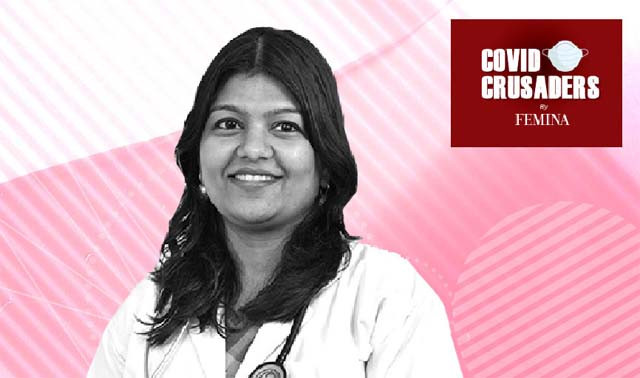
As an infectious disease specialist at Fortis Hospital Mulund, Mumbai, Dr Kirti Sabnis, 37, is no stranger to epidemics. There was MERS (Middle East Respiratory Syndrome), SARS (Severe Acute Respiratory Syndrome) and the NIPA outbreak in Kerala that had given healthcare workers the jitters, but nothing on the scale of the COVID-19 outbreak. “One of the main reasons for the current pandemic spreading swiftly is a long incubation period—14 days—during which an infected person can be asymptomatic, yet capable of spreading the infection to others. The only thing that can contain the virus is social distancing, ideally till the infection rates come down to 1 per cent,” she explains.
Trained at the prestigious Christian Medical College, Vellore, DrSabnisis currently dealing with scores of COVID-19 suspects at the hospital’s OPD. “This takes immense energy and manpower since there are several unique aspects to the disease. For instance, not every infected person will have a cough and cold so it is a challenge to convince the patient’s relatives that he/she may have the virus. Secondly, if the patient tests positive, he/she will have to be housed in a separate isolation ward and all contacts will have to be traced and tested, even if they are healthy. Besides, it’s also a challenge to ensure that regular patients don’t come in contact with them,” she says.
However, Dr Sabnis is not required to spend long hours with COVID-19 patients since she attends to almost 50 other patients daily in the infectious disease OPD. “Those attending to coronavirus positive patients are not allowed to work more than six-hour shifts, since that could result in higher rate of infections within healthcare workers. There is a separate team of consultants, nurses, housekeeping staff in the corona ICU who work for seven days at a stretch. And, post their shift, they have to be in quarantine for a fortnight,” she informs.
While healthcare workers across India are facing an acute shortage of protective clothing and N95 masks, Dr Sabnis is thankful for not having to face such a situation. “While we do not use hazmat suits as they are for those dealing directly with corona positive patients, we cover up with a full-sleeved suit, N95 mask, double gloves and double headgear.” In addition to this, she is also on a course of prophylactic medicines to minimise her chances of getting infected. The hospital also keeps testing all healthcare workers, especially those who are working with coronavirus suspects and patients.
But does the spike in COVID-19 numbers worry her? “It’s not easy and the emotional toll is higher since I live with my aged mother, and six-year-old son who doesn’t understand the repercussions of the crisis. He cries and throws tantrums since I am unable to spend enough time with him. When I get home, I first have to take a bath before I meet him. I sleep in a different room, eat from different utensils, and use a separate washroom,” she shares, and signs off with a message for us: “Don’t panic; maintain social distancing, wear a mask and do not stigmatise COVID-19 patients or their care givers.”